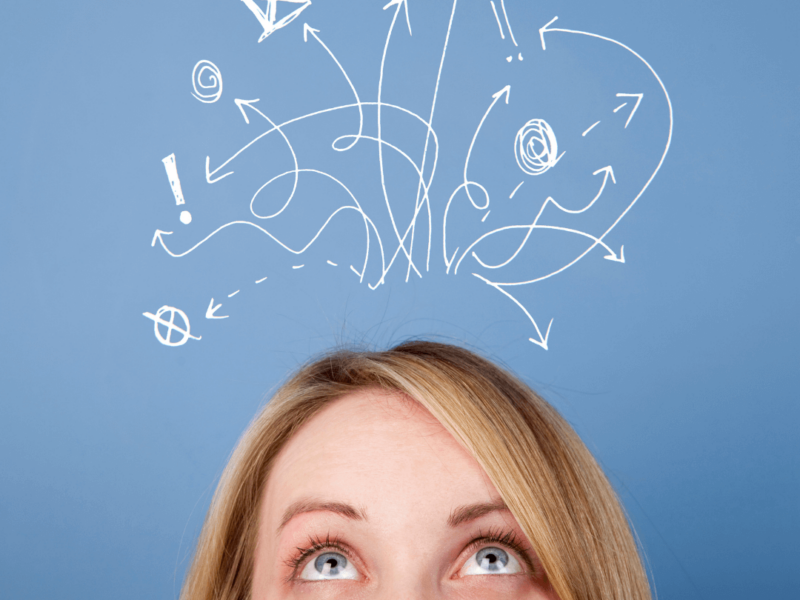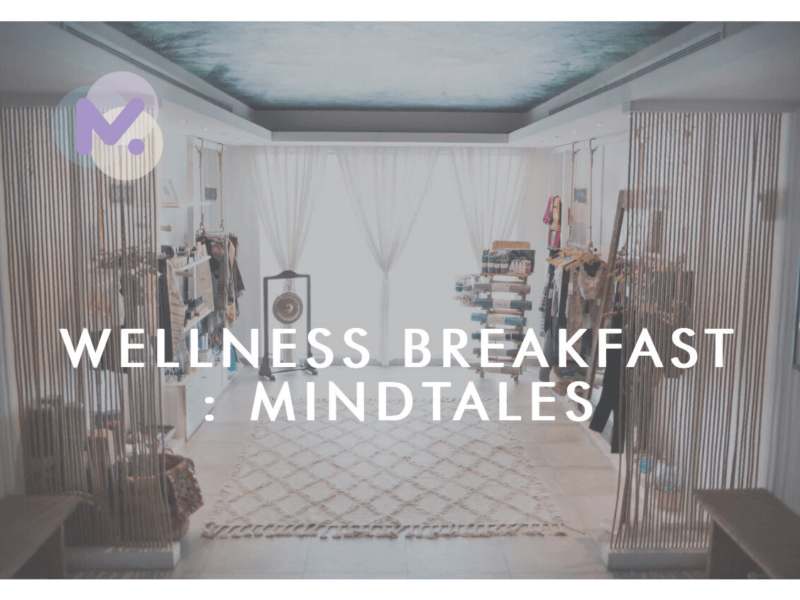5 April 2024
We are Scrolling Addicts: The Impact of Social Media on Mental Health

We’ve all been there: our smartphones becoming extensions of our hands, accompanying us everywhere. Often, it’s the first thing we reach for upon waking. Our morning ritual quickly becomes a deep dive into the endless scroll of social media feeds, stimulating our minds excessively and leaving us feeling exhausted before the day has barely begun.
In this blog, we’ll explore the addictive nature of social media, and its challenges, and share practical tips to manage your social media consumption effectively.
The Addictive Nature of Social Media
Ramadan, observed by millions of Muslims around the world, is a period of fasting, prayer, and reflection. In the UAE, a nation characterized by its cultural diversity, Ramadan brings together individuals from various backgrounds to participate in this sacred time. The collective experience of fasting from dawn until sunset, followed by the breaking of the fast (Iftar) with family and friends, underscores the importance of community and support systems in promoting mental wellness.
The practice of fasting, beyond its spiritual significance, can also offer psychological benefits. It encourages discipline, self-control, and mindfulness, which are key components of mental health. The anticipation and preparation for the nightly Iftar meal foster a sense of belonging and togetherness, crucial for emotional well-being.
The Challenges of Social Media
Social media isn’t inherently bad. It offers vital avenues for connection, expression, and information. However, its impact, particularly on the mental health of young individuals, can be profound and concerning. Key challenges include:
- Comparison Culture: Social media fosters a culture of comparison, especially among young women, who may feel pressured by the curated images of perfection pervasive on platforms like Instagram and Snapchat. This can lead to feelings of inadequacy, low self-esteem, and anxiety.
- Self-Image and Body Image Issues: The unrealistic beauty standards promoted across social media platforms contribute to negative body image and self-perception issues, potentially leading to disorders such as dysmorphia and eating disorders.
- Cyberbullying and Online Harassment: The anonymity of social media can unfortunately make it a breeding ground for cyberbullying and harassment, significantly impacting the mental well-being of its victims.
Tips to Overcome the Habit
- Limit Screen Time: Implement boundaries around your social media use. Set specific times during the day for digital detoxes and prioritize in-person interactions.
- Curate Your Feed: Take control of your social media experience by following accounts that inspire positivity and reflect real, authentic life. Unfollow accounts that foster negativity or unrealistic standards.
- Practice Digital Detox: Regularly schedule breaks from social media. Whether it’s a few hours or a whole day, disconnecting can significantly improve your mental well-being.
Research indicates a troubling correlation between smartphone use and mental health issues among young people. From 2005 to 2017, there was a 52% increase in adolescents reporting symptoms of major depression. Moreover, limiting social media use to just 10 minutes a day can lead to lower levels of loneliness and depression, demonstrating the profound effect of social media on our mental health.
Reducing social media usage not only lowers loneliness and depression but also significantly reduces anxiety, sleep problems, and the fear of missing out (FOMO).
How We Can Help
Feeling overwhelmed by social media isn’t something you have to face alone. Our mental wellness specialists at MindTales are here to support you on your journey to a healthier, more balanced life. Reach out to us, and remember, by using the code MINDFUL, you can begin your journey towards better mental health today.
Let’s navigate the digital world together, fostering well-being and positivity in our lives and communities.
Tags:
Social media addiction, Mental health impact, Comparison culture, Body image issues, Cyberbullying







